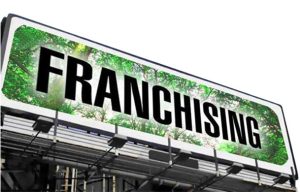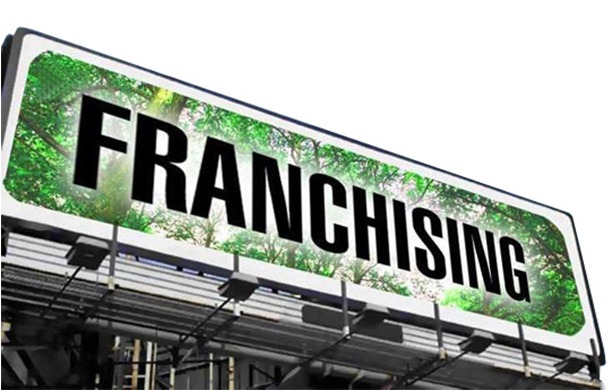
While getting into franchising is considered a promising and secure business venture, it is still a business, which means the same challenges apply.
Many people are drawn to the security of the franchise model. With a franchise comes an established brand name, customer training programmes, not to mention ongoing support and marketing assistance.
We speak to Jeremy Lang, regional general manager of Business Partners Limited, inland west region, who sheds light on the pros and cons as well as other franchising issues you need to know.
What does one need to be eligible to buy a franchise?
There are franchises in different industries. The first mistake we make is assuming that franchises are only fast-food outlets.
There are three pillars which prospective franchisees must consider including: the financial make up of a business; the minimum owned contribution or highest amount of debt that can be put into that business to make it work financially, and whether the skills set of the business owner can be matched with what is required by the franchise.
What can you expect when you buy a franchise?
Different franchisors provide different levels of support. One key part of your due diligence is to speak to other franchisees in that franchise system, which the franchisor must give you as part of their disclosure document. Contact these franchisees directly and confirm the current amount of support they receive from the franchisor.
This support should include among others:
- Operational system – administrative system with which they manage their business
- An operations manual
- Marketing assistance
- Training of the entrepreneur and their staff
- General ongoing support
What should you consider before entering a franchise agreement?
- Know the industry
- Choose a franchise within your budget
- Review the franchisor
- Speak to franchisees and ex-franchisees
- Investigate the location
- Get the value calculation right
It is of utmost importance that you seek legal advice on the franchise agreement, because it is a legal and binding document. It details the franchisees rights, responsibilities in respect of the franchise agreement. Therefore it is very important that you clearly understand the contents of the agreement before you sign.
How is running a franchise different to running your own business?
As a franchisee you are required to run your business according to the guidelines stated in the franchise agreement. As a franchisee you do not have carte blanche, you need to operate in the boundaries stipulated in the franchise agreement, this sometimes imposes limitations on you as an entrepreneur.
What are some of the downsides?
Your franchise brand is linked to a bigger system, therefore the financial position of that bigger system and franchisor can affect your business. In light of this, if anything happens to the franchisor and the brand is dissolved, you stand the risk of ending up with a franchise without an identity, which you have paid for.
Franchisees need to operate in the boundaries stipulated in the franchise agreement, therefore you are limited with what you can do.
There is little flexibility with the operations of the franchise. You are regularly inspected to ensure that you are adhering to the requirements. Certain franchisees require you to take on the national sales/discounts that are advertised, which can ultimately affect your margins.
“As a franchisee you do not have carte blanche, you need to operate in the boundaries stipulated in the franchise agreement”
What are some of the skills needed to run a successful franchise business?
- Good management ability, which is the core of what the franchisee is signing up for;
- Sales skills – This is because the whole enterprise revolves around the franchisee’s ability to secure business;
- An eye for detail and practical problem solving skills. Because the business owner will be fulfilling multiple tasks within the business, he or she should know as much about all the different systems as possible;
- Networking and relationship-building skills for forging ties with clients, staff, suppliers and franchisor, and
- Practical problem-solving skills as business owners are faced with many challenges every day.
What are the benefits of buying a franchise rather than starting your own business?
- It is a proven business model – franchise system is established after a certain number of businesses are successful
- It is a well-established product and service known to the market
- You are given formal training
- Ongoing support in a franchise system
- Turnkey operation in place – so you avoid the struggles associated with starting a business
- Sourcing of supplies is available in a single distribution channel
How does the franchising industry in SA compare globally?
South Africa has a healthy and robust franchising system. Compared to Canada, South Africa has approximately 17 franchise classifications categories, while Canada has 50 franchise classifications categories. Although SA’s franchising industry is doing well, with great return on investment there is still room for growth.






